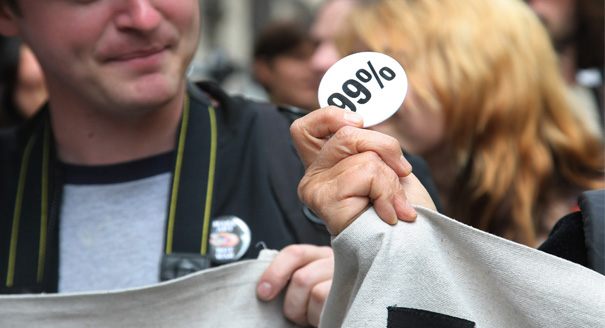Registration
You will receive an email confirming your registration.
The global financial crisis of 2007-2008 stirred wide public, academic and political interest in economic inequalities. Ten years later, the debate is still raging, partly fuelled by the Arab Spring’s uprisings, as the region suffers from high rates of poverty and unemployment, not to mention secular stagnation and the rise of populism. In 2015, the IMF considered widening income inequality as the defining challenge of our time.
Economic inequality is now believed to be correlated to weak growth and political discontent and is an impediment to development, poverty reduction, and democracy. It is all the more important in the Arab world, considered by recent research as the most unequal region of the world.
Where does the Arab world stand in terms of economic inequality and how has it evolved before and after the Arab spring?
To answer these questions and more, the Carnegie Middle East Centre held an open discussion with researchers and experts on economic inequality in the MENA region.
SPEAKERS
Gilbert Achcar
Gilbert Achcar is a professor of development studies and international relations at SOAS, University of London, and the author of many books, including two books on the Arab uprising and its aftermath.
Lydia Assouad
Lydia Assouad is a PhD candidate at the Paris School of Economics and a research fellow at the World Inequality Lab, specializing in the Middle East.
Magued Osman
Magued Osman is the founder and CEO of the Egyptian Center for Public Opinion Research "Baseera". He is also a former minister of communications and information technology.
MODERATOR
Wael Gamal
Wael Gamal is the El-Erian fellow at the Carnegie Middle East Center, where his research focuses on political economy in the Middle East and North Africa, the growing inequality gap, and the hollowing out of the middle class in the Arab world.
